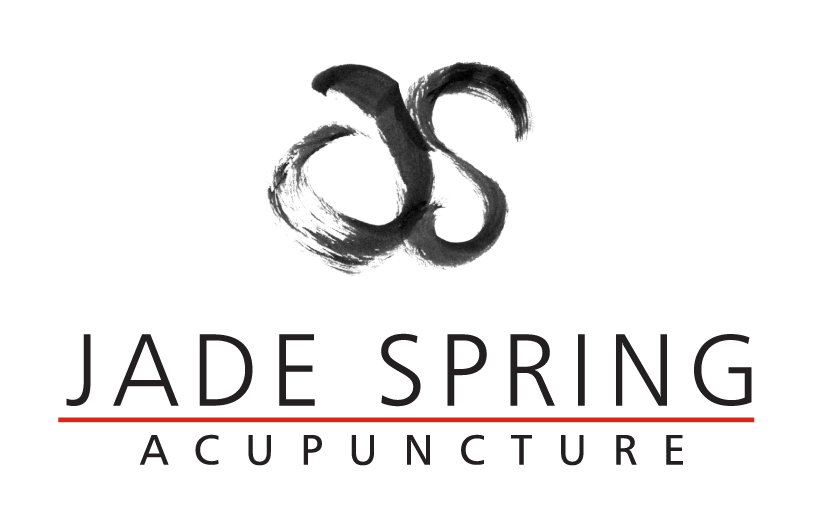Are there alternatives to antibiotics?
I recently wrote a blog titled “Chinese herbal medicine effective against viruses” and today I want to follow up with a brief discussion on what Chinese herbal medicine has to offer for bacterial infections.
When considering the invasion of the body by bacteria (or viruses), Chinese medicine takes into account the relative strength of the body’s Qi in relation to the pathogen. This provides a very elegant explanation as to why some people catch an infectious disease while others remain healthy.
When there is an imbalance or weakness of the protective Qi the virus or bacteria is able to ‘invade’ the body and create disease. Of course ancient doctors had no knowledge of bacteria or viruses and attributed infections to environmental factors especially wind, combined with others such as dampness, heat or fire.
As Giovanna Maciocia explains in his book The Foundations of Chinese Medicine, it is interesting to note that the character for ‘wind’ contains within it the symbol for ‘insect’. He says: “it could be construed from this that it is a very early, primitive view of infection according to which disease is caused by small organisms (‘insects’, i.e. bacteria and viruses) carried by wind….Chinese medicine holds that an exterior pathogenic factor invades the body when there is a temporary imbalance between a climactic factor [such as wind] and the body’s Qi at that particular time.” (p.257)
When it comes to bacterial infections, Chinese doctors will diagnose a condition of “damp heat” or “toxic heat”, which needs to be dispelled and cooled. While acupuncture may contribute to this process, herbal medicine will be the main form of treatment, which in certain situations can be an excellent substitute for antibiotics.
Jake Paul Fratkin, OMD explains it best in his book Chinese Herbal Patent Medicines:
“Bacterial infections are treated with herbs that dispel damp heat. The … antibacterial herbs in the Chinese material medica are powerful and provide a safer alternative to the rampant overuse of western antibiotics. Because they have short courses of treatment – a few days until the adverse symptoms have subsided – they tend to disrupt important intestinal flora to a far lesser degree than the longer courses of western antibiotics.
Choosing Chinese versus the western pharmaceutical method of treatment of bacterial infections can be made on degree of severity. Deeper levels of infection into the blood, bone, or organ, particularly the heart and kidney, are better served by western antibiotics, as well as the deep trauma of surgery. An important benchmark as to severity can be gauged by the degree of high fever, during which antibiotics are preferred. A complete white blood cell count and differentiation will be the best arbitrator.
Bacterial infections responsive to Chinese herbal products include those in the epithelia of the nose, throat, lungs, digestive tract, urinary tract, and skin. This includes common bacterial infections of the skin, strep throat, ear infection, tooth and sinus infection, dysentery, food poisoning, urinary tract infections, and conjunctivitis.” (p.92)
It is fascinating to consider that even though viruses and bacteria were not well understood in ancient Chinese Medicine, the doctors of the time were still able to develop effective herbal treatment strategies for dealing with infectious diseases based on observation of signs and symptoms and their extensive and refined knowledge of herbal therapeutic actions.
So, yes, there are effective alternatives to antibiotics though it is essential to differentiate how severe the infection is before deciding which on the type of treatment - antibiotics or Chinese herbs. Equally as important is to consult a qualified and licensed practitioner of Chinese herbal medicine to help you determine which course of action is best.



